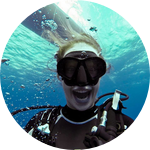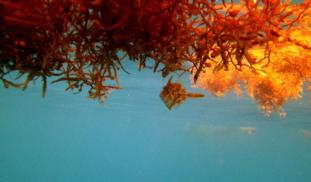151
-1
0
Like?
Please wait...
About This Project
The ongoing international effort to protect the Sargasso Sea ecosystem in the NW Atlantic is hampered by limited scientific research on Sargassum - the floating algae common to the North Atlantic gyre. This project aims to provide the first simultaneous examination of Sargassum macrofauna diversity across multiple regions, in order to better understand the impacts of oceanographic variables on Sargassum distribution and to contribute to the international effort to protect the Sargasso Sea.
More Lab Notes From This Project

Browse Other Projects on Experiment
Related Projects
Worms at Work: Scoping Natural Carbon Sequestration at Scale
For centuries, scientists noted earthworms' exploits as ecosystem engineers. Recent research shows the feasibility...
Whales as oceanographers: Developing multi-sensor tags for improved understanding and management of critical habitats
Limited oceanographic data prevent accurate prediction of whale foraging hotspots. To address this, we will...
Communities perception and monitoring of ocean acidification in the Douala-Edea national park (Cameroon)
This project will help us to evaluate the vulnerability of clam fishing to ocean acidification (OA) in the...

